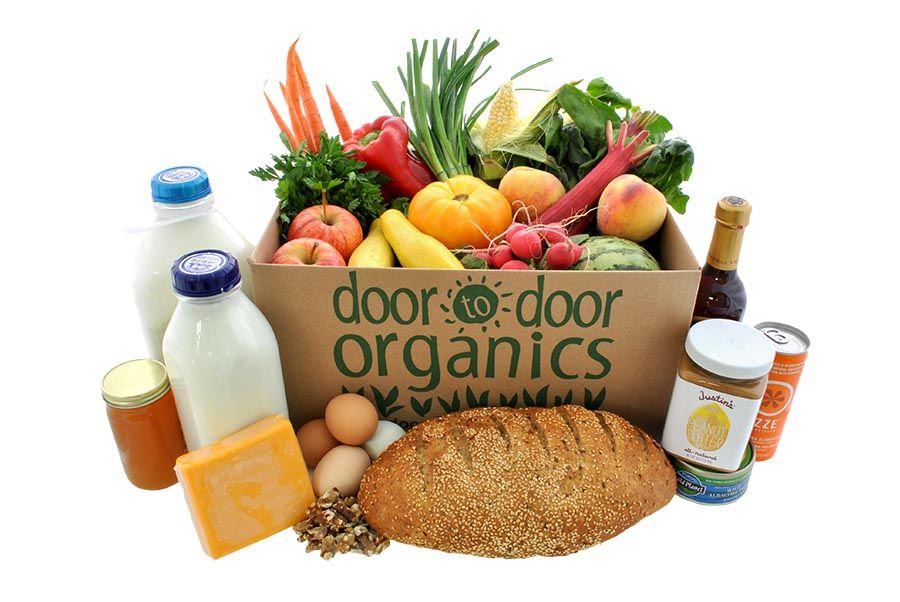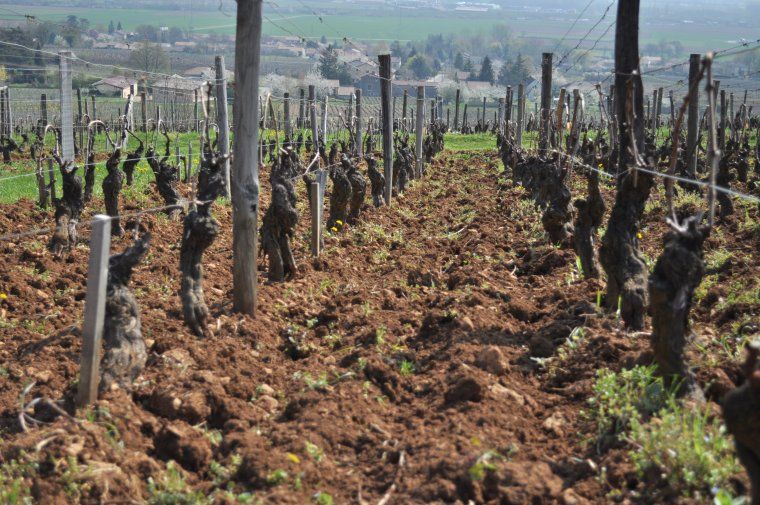Organic agriculture
Quick Access
- Definition
- Others Definitions
- Videos

Definition
Organic agriculture is the environmentally friendly response to traditional agriculture. Here, the treatments used are made from natural ingredients, and the use of petrochemicals is forbidden. Working the land to combat weeds allows for a good assessment of the topsoil and subsoil.
What is important to know is that the term “organic agriculture” does not mean treatment-free, but that the products used are of natural origin. Combating disease and pests still requires careful attention. Certain organic products, like sulphur and copper sulphate, can be toxic to humans and harmful to the soil in large amounts.These commodities are extracted from mines, with different forms being used in agriculture depending on the treatment and the purpose.
The use of copper sulphate in organic farming is limited to 6kg per hectare per year, which is rather low in comparison with the amounts used at the height of the industrial revolution. Other products used in organic farming, such as bacteria like Bacillus thurengiensis (Bt), also combat pests and disease.

Annual topsoil and subsoil evaluation is key for the agriculturalist to understand what products and methods he will need to employ. And, if mechanical weed removal is favoured, it is important to limit the use of heavy machines, like tractors, so the soil does not become too compact. A living soil is one well aerated, one with a happy population of microscopic fungi, bacteria and microfauna. Earthworms play an important role, with their indefatigable mixing of layers of earth. This soil, alive as such, is unique in each place, rich with its individualised organic matter, or humus, that allows the earth to live for years on end.

Humans can intervene in this natural cycle of soil regeneration. For example when, during harvest, more soil is removed than can be generated in a year, a farmer might revivify the land by using natural fertilisers – like manure – or composts rich in microbiological activity.
Simply put, organic agriculture, if practised correctly, is much more environmentally friendly than traditional agriculture, and organic farmers stay in much closer connection with the land, notably by using manual labour and adhering to stricter policies. Keep in mind that labelling something organic does not guarantee its quality. Something organic is guaranteed produced without chemicals, under the supervision of third-party certifying bodies.
The AB label (agriculture biologique; in France) and similar trademarks in other countries make it easy to recognise items that are the fruit of organic agriculture. Yet these simply indicate how the product came from the earth; what happened in the factory – additives, manufacturing methods, healthiness... – is another story, one often little regulated. Granted, most places dealing with organic commodities try to maintain the earth-friendly integrity of the item. Ultimately, it is up to the consumer to choose and to keep informed.
Thank's to Magdalena Rahn for the translation of this page.

Others definitions
Videos
Wine The Green Revolution - Documentary film - Buy the film
Understand the evolution of the Domain Patrick Hudelot crossed between 2000 and 2012 of the conventional agriculture in the biodynamic farming.
Available in Wine The Green Revolution complements...

Tags: agriculture, organic, définition


